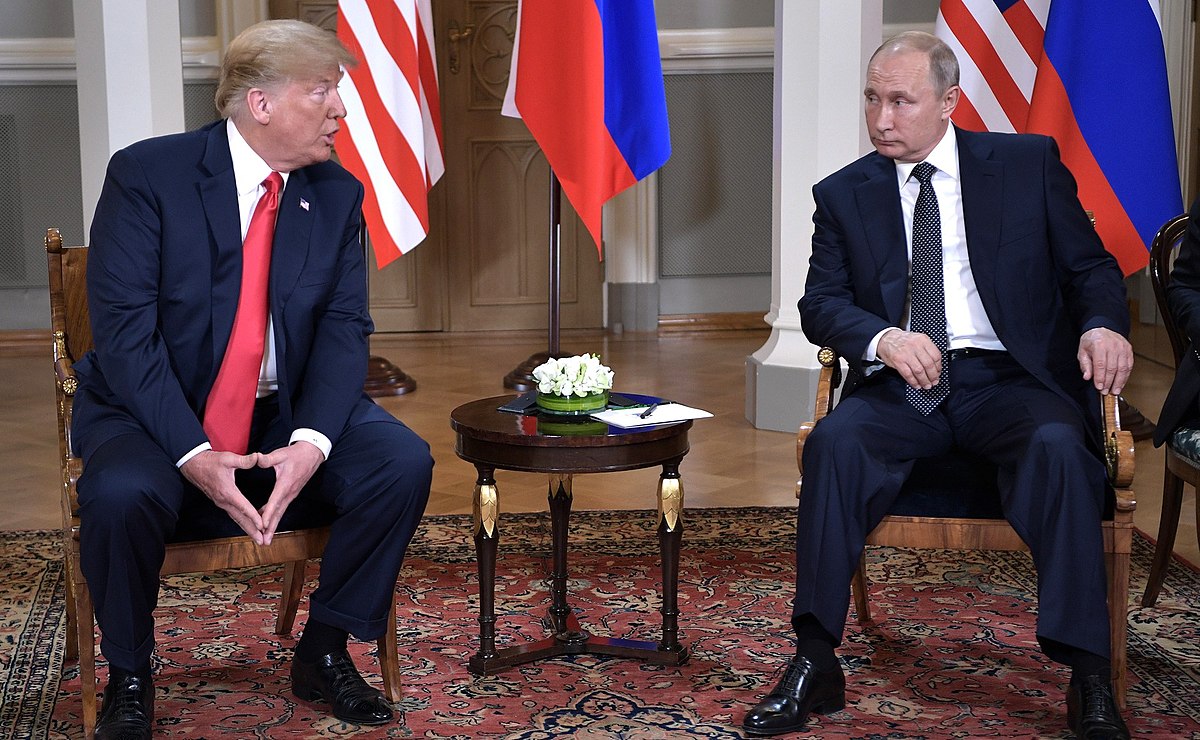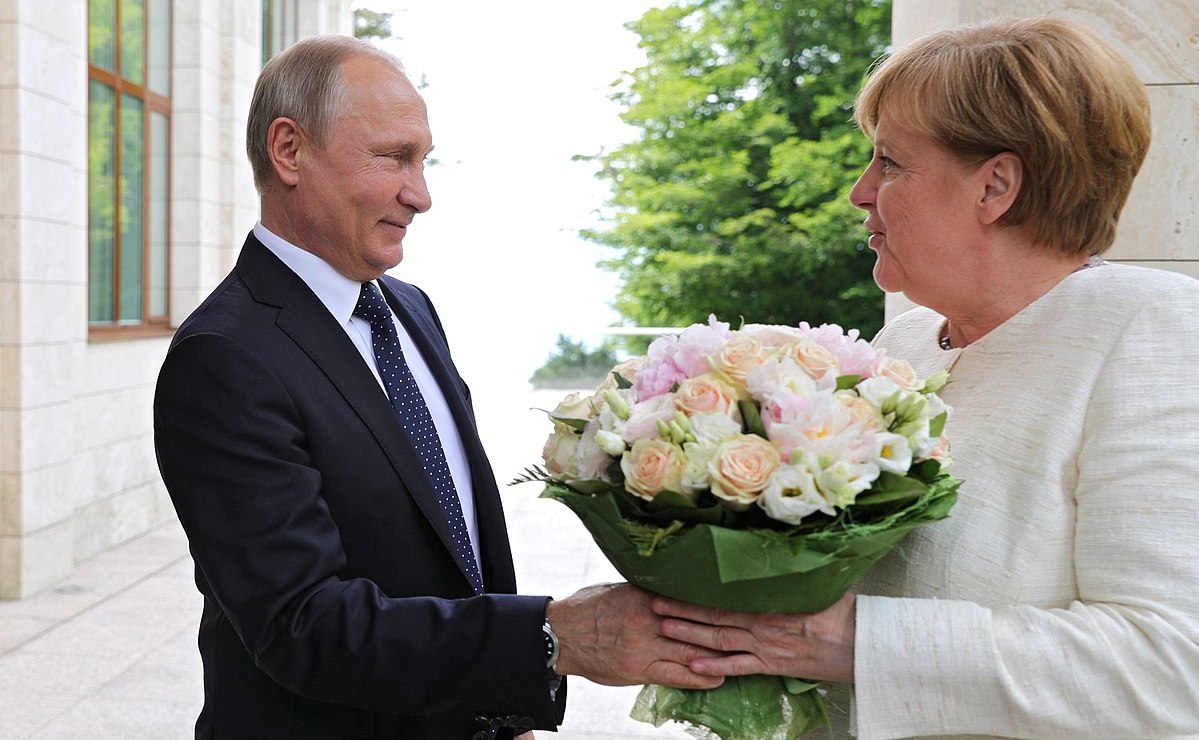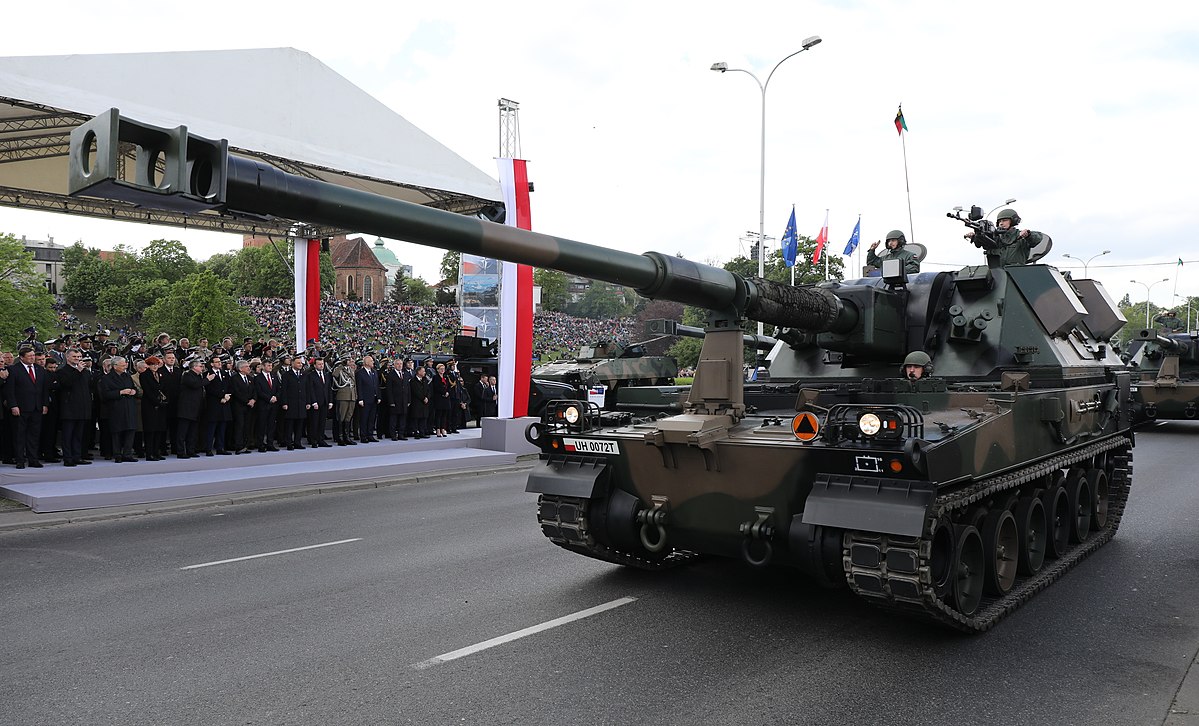The dreaded Viktor Orbán

The Hungarian prime minister’s opinion is not particularly different from the words of former U.S. President Donald Trump
Paweł Lisicki
“If things continue to go this way, there will be those who want to send troops to this war. But I urge you not to give in to these provocations,” Hungarian Prime Minister Viktor Orbán appealed in a speech a few days ago. “We need a cease-fire, we need peace talks,” he added. Earlier, he said an immediate ceasefire was needed in Russia’s war with Ukraine. “If the war in Ukraine continues, more and more people will die. If the war continues, the threat of hyperinflation and economic collapse will grow. If the war continues, the danger of it spilling over to the whole world will be enormous.” The Hungarian prime minister’s opinion is not particularly different from the words of former U.S. President Donald Trump, who, commenting on Joe Biden’s visit to Kiev, considered that the current policies of the White House are leading to the outbreak of a third world war. I am citing the words of both these politicians for several reasons. First, both are declared conservatives and it is impossible to categorize them, as is increasingly being done in Poland, as part of the pacifist global left. Second, it is also difficult to regard them as, the second allegation that is often raised in Poland, Putin’s matriarchs. Let’s remember that the years-long investigation conducted by various most ardent Democrats, which was supposed to show Trump’s ties to the Kremlin, ended in total failure. It is therefore impossible to proclaim that they are either agents of the Kremlin or the voice of the cowardly left.
However, it is possible to disagree with them, and therefore it is necessary to look at the arguments of their opponents, who are still in the majority. There is no denying that from this point of view, the loudest rationale of those who support the continuation of the war resounds in Poland, which has become a kind of spokesman for the policies of the US Democrats on this issue. They say that negotiations are pointless, because sooner or later Russia will attack further. Therefore, the more it bleeds in the clash with Ukraine, the better. Moreover, from this point of view, Kiev should be given all the necessary assistance, because “Ukraine is fighting on our behalf.” The only solution must be Russia’s defeat – that is, at least a withdrawal to the pre-2014 territories. Any other form of agreement will mean acceptance of the aggressor’s actions and encouragement, even if after a pause, to continue its eastward expansion. There are, by the way, also those who believe that the war brings great benefits to Poland, because it will allow it to get out of the curse of being located between Germany and Russia.

There is no denying that these two visions, outlined here briefly, are extremely different and irreconcilable. It’s also hard to deny that the latter vision – a shattered Russia, retreating east with its tail between its legs, a powerful Poland taking Germany’s place in Europe – perfectly suits Polish needs and dreams. Evil, that is, the aggressor, would be punished, and on top of that, the fulfillment of this vision would still give Poland enormous benefits. But in politics, as history teaches us, reality and the balance of power are more important than visions. More: relying on one’s own dreams and desires can be extremely dangerous, as it leads to disasters and collapses.
Well, this is the fundamental flaw of the war project: its proponents fail to see the cost and price that would have to be paid for its implementation. What is uncertain – Russia’s attack on NATO – they are taking for granted; what is certain – the gigantic costs of the conflict – are being overlooked or relativized. The human costs for the time being are borne by the Ukrainians, it is true, but the iron logic of a conflict of attrition must lead to the question: What will happen if the Ukrainians run out? Likewise: What will happen if the war spills over to more countries, including, by geography, Poland?
Polish supporters of the war option insist that one can be sure of full US support for it. As Prime Minister Mateusz Morawiecki put it: the US can’t back down, because it would lose credibility. This is the first time I’ve seen one base one’s policy so unconditionally and unreservedly on how one defines the interests of a foreign country, and that’s still a superpower. First of all, the US has repeatedly shown that it can renege on promises, even if it hits its credibility. Just take the example of Vietnam, and now Iraq or, more recently, Afghanistan. Second, and more importantly, Washington’s current policy is leading to a cementing of Moscow’s alliance with Beijing. With the latter short-circuited, as is increasingly likely, will Washington be able to maintain its involvement in Eastern Europe? I doubt it.
Therefore, despite all my sympathy for grand visions and plans, it is the approach of the Hungarian prime minister and former US president that seems to me more prudent.
This article was published in March 2023 in “Do Rzeczy” magazine.




